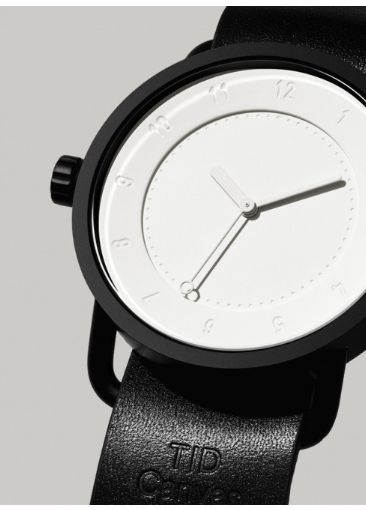Identifying and Closing Care Gaps for Better Health Outcomes
Background: Patient XYZ is a 55-year-old individual with a history of chronic conditions including diabetes mellitus and hypertension. They have been under the care of Dr. Anon at a healthcare facility utilizing Zynix technology.
Introduction:
In today’s healthcare landscape, effective management of chronic conditions is crucial for improving patient outcomes and reducing healthcare costs. However, identifying and addressing care gaps—instances where recommended care deviates from actual care received—remains a significant challenge.
Problem Statement:
Patient XYZ, like many others with chronic conditions, faces the challenge of maintaining optimal health due to gaps in their care plan. These gaps can arise from missed appointments, medication adherence issues, or delays in necessary screenings and tests.
Solution:
Zynix INC’s Medvise.AI platform leverages advanced analytics and AI-driven insights to proactively identify care gaps for patients like XYZ. By integrating data from electronic health records (EHRs), claims, and patient-reported outcomes, Medvise.AI provides a comprehensive view of patient health status and care needs.
Implementation:
Data Integration: The platform aggregates and analyzes data from various sources, ensuring a holistic view of patient health and care history.
Risk Stratification: Using predictive analytics, Medvise.AI identifies patients at higher risk for care gaps based on clinical indicators, demographic factors, and historical data.
Personalized Care Plans: Dr. Anon receives actionable insights and recommendations through Medvise.AI, enabling them to tailor care plans specifically to patient XYZ’s needs. This includes reminders for follow-up appointments, medication adherence alerts, and scheduling preventive screenings.
Results:
Improved Adherence: With Medvise.AI’s proactive alerts, patient XYZ has shown improved adherence to their prescribed medication regimen and scheduled appointments.
Health Outcomes: By closing care gaps promptly, Dr. Anon has observed better control of patient XYZ’s chronic conditions, resulting in stabilized blood glucose levels and reduced blood pressure readings.
Conclusion:
The implementation of Medvise.AI at Dr. Anon’s practice exemplifies how leveraging technology to identify and close care gaps can lead to significant improvements in patient outcomes. By ensuring timely interventions and personalized care, healthcare providers can effectively manage chronic conditions and enhance overall patient well-being.
Future Directions:
Continued integration of Medvise.AI’s capabilities could further streamline care coordination, empower patients in self-management, and contribute to broader population health initiatives. As healthcare evolves, technologies like Medvise.AI will play a crucial role in shaping the future of patient-centered care.

